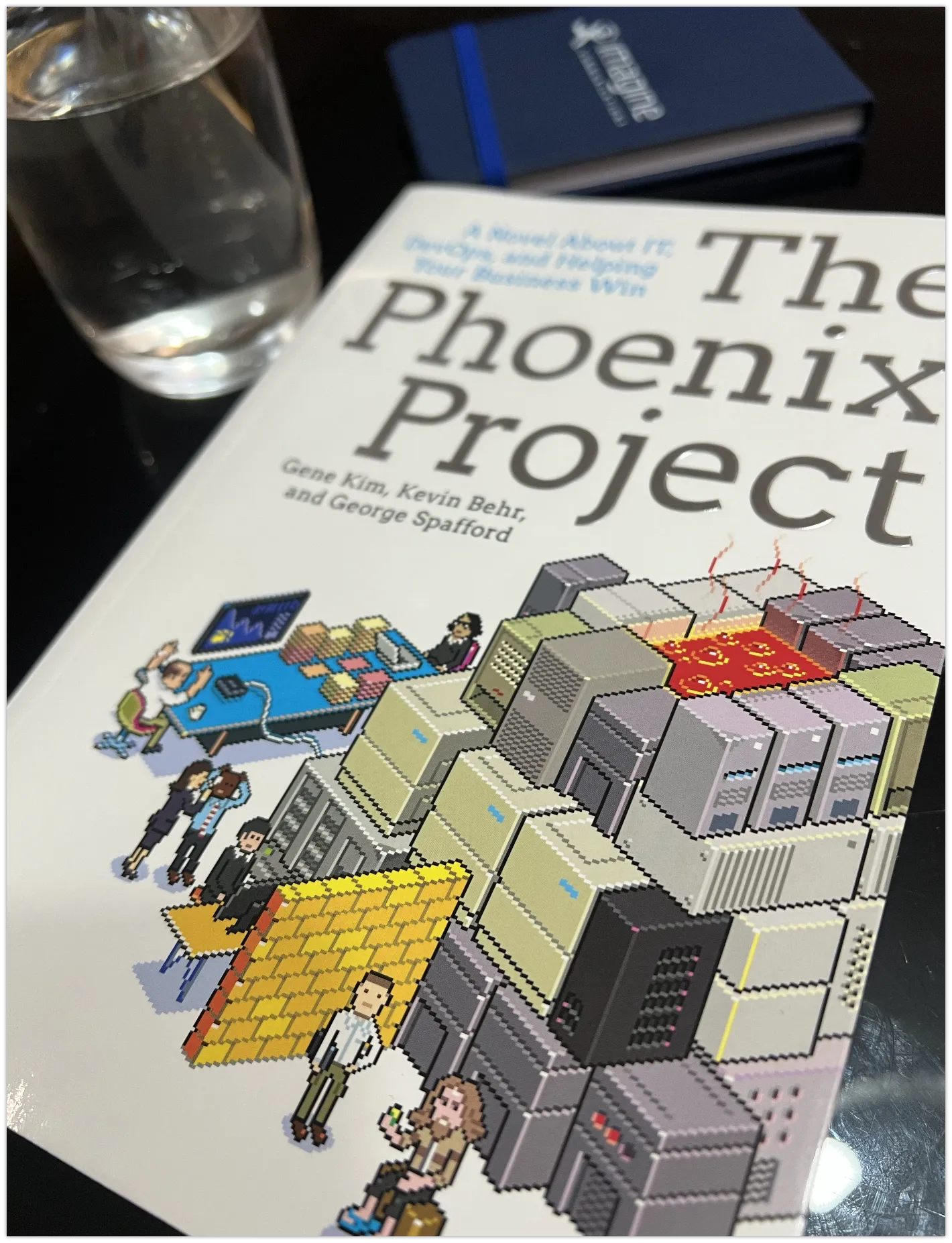Season 1 Episode 1 - AI/ML In our Industry - Challenges and Solutions
Episode published - 28th May 2025
The state of the workplace with regard to skills, productivity, agility and organisation structures. Touching on the impact of cloud and AI and really leaning into the Idea that we’re in a period of enormous change.
About Paul Markham
Joining us on this episode we have an individual who has spent over 25 years working on new technologies for Radio and TV, from the development of DAB stations through to the launch of BBC iPlayer, automatic speech recognition in captioning, delivery of live sports via the cloud and much much more.
Perhaps they are best known for their work running the Cloud Native Media meetup group and YouTube channel, and last year was nominated for Inspiring Technologist 2024 by the Royal Television Society.
Show Links
IBC 2024 Accelerator - AI Media Production Lab
In an IBC Accelerators first, the 2024 Programme featured three very special challenges under an umbrella theme of ‘AI Media Production Lab’, featuring an all-star cast of Champions and Participants exploring a series of specific AI concepts in various production scenarios within this exciting, fast-moving and disruptive area of media and technology.
This encompassed researching and developing learnings around various AI tools and techniques to improve creativity and efficiency in production workflows, stamping out bias and AI hallucinations to embrace audience sentiments in content development, and exploring predictive video workflows in sports production, Supported by Champions: Zwart, EO (Evangelische Omroep), EBU, Verizon Business, ITV, Channel 4, YLE, BNNVARA, Rai, Paramount Global, Al Jazeera Media Networks, IET, World Freestyle Football Association, Vodafone Group
Supported by Participants: Pluxbox, Plan IX Labs, Respeecher, Xansr Software Private Limited, RKG Group, Somersault, Magnifi The three Case Studies within IBC’s AI MEDIA PRODUCTION LAB include:
IBC Accelrator 2024 - AI Media Prodcution
IBC Accelerators 2025
IBC Accelerators: 2025 finalists unveiled
AI Assistance Agents in Live Production
Proposed by ITN, BBC, Cuez and Google: As the media industry goes through rapid transformation to embrace AI advances, this project aims to revolutionize live production and newsroom efficiency by exploring AI-powered assistants that seamlessly integrate with control room workflows, enabling operators to command and automate with natural language for enhanced speed, accuracy, and confidence.
A Framework for Generative AI
Proposed by RAI, Globo and Yle: This creative Accelerator will aim to develop and explore a Generative AI Framework for broadcasters to rapidly create diverse media content, from scripts to animations and dynamic ads, streamlining workflows and enhancing audience engagement through practical AI integration.
The skills gap and its impact on productivity
20% of the UK workforce could be significantly underskilled for their jobs by 2030, according to research from the Industrial Skills Strategy Council. This would have wide-ranging implications, from compromising work quality and output to hindering innovation and economic growth.
Low productivity growth is a major issue, not just for businesses, but also for their employees and the country as a whole. According to the Centre for Economic Performance, “average UK real wages today are similar to their level in 2005.
Rapidly advancing technology is putting businesses under increasing pressure to acquire the advanced digital skills required to support developments such as artificial intelligence (AI), automation and blockchain technology, while the education system is struggling to keep up with the skills needs of the modern economy. Thanks to a decline in skills investment, the latter has been under-resourced for some time and that is now being felt in the labour market.
Broadcasters prepare for the AI future November 2024
- Jon Roberts (director of technology, production & innovation, ITN)
- Grace Boswood (director of technology, Channel 4)
- Danijela Horak (head of AI research, BBC R&D)
Broadcast Now - Broadcaster Perapre the AI Future
Systems Theory
Systems theory is the transdisciplinary[1] study of systems, i.e. cohesive groups of interrelated, interdependent components that can be natural or artificial. Every system has causal boundaries, is influenced by its context, defined by its structure, function and role, and expressed through its relations with other systems. A system is “more than the sum of its parts” when it expresses synergy or emergent behavior.[2]
The Phoenix Project
Who is your Brent! Thanks to Paul for mentioning this book, great read. Good read 